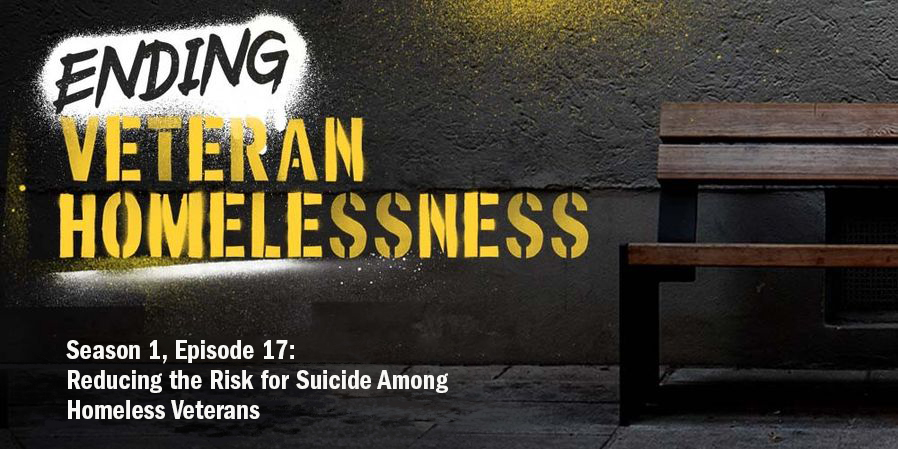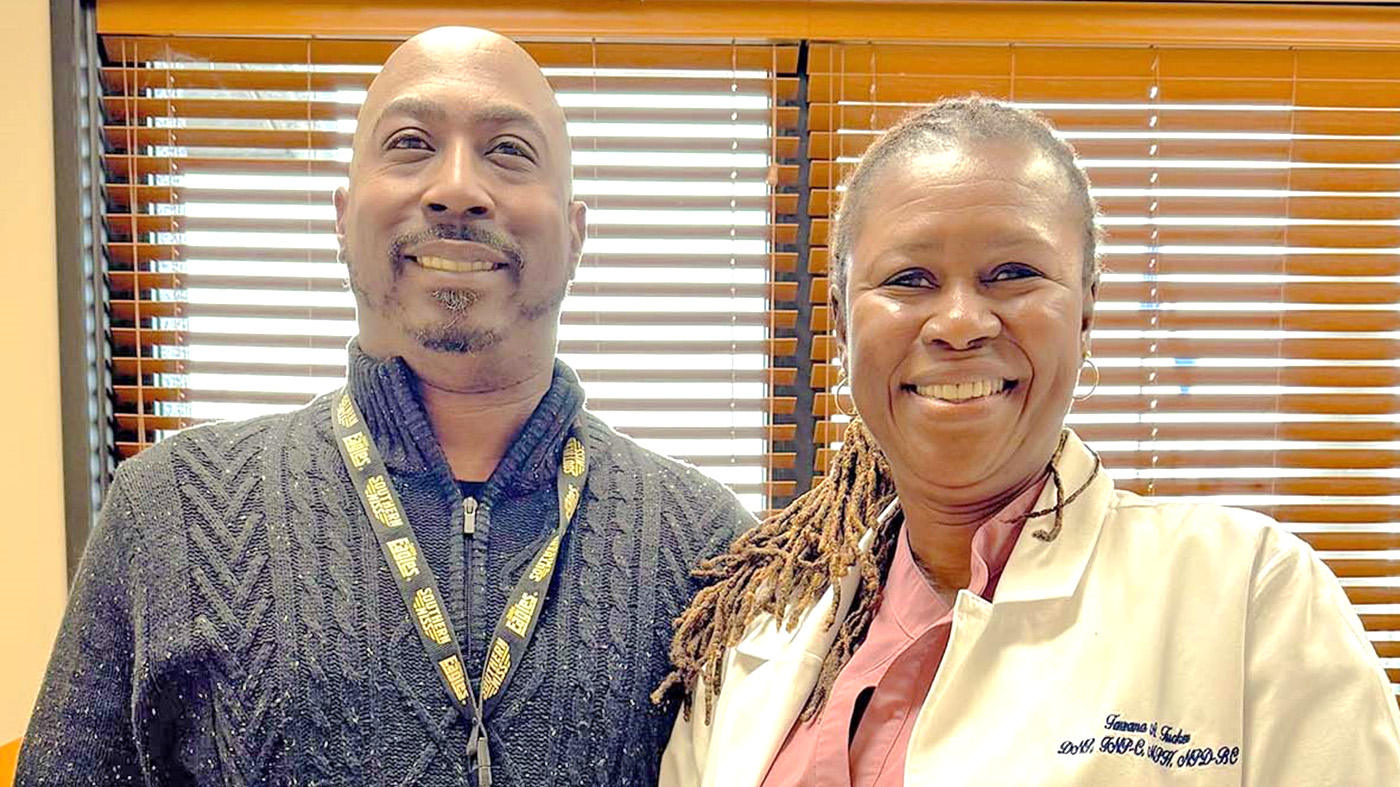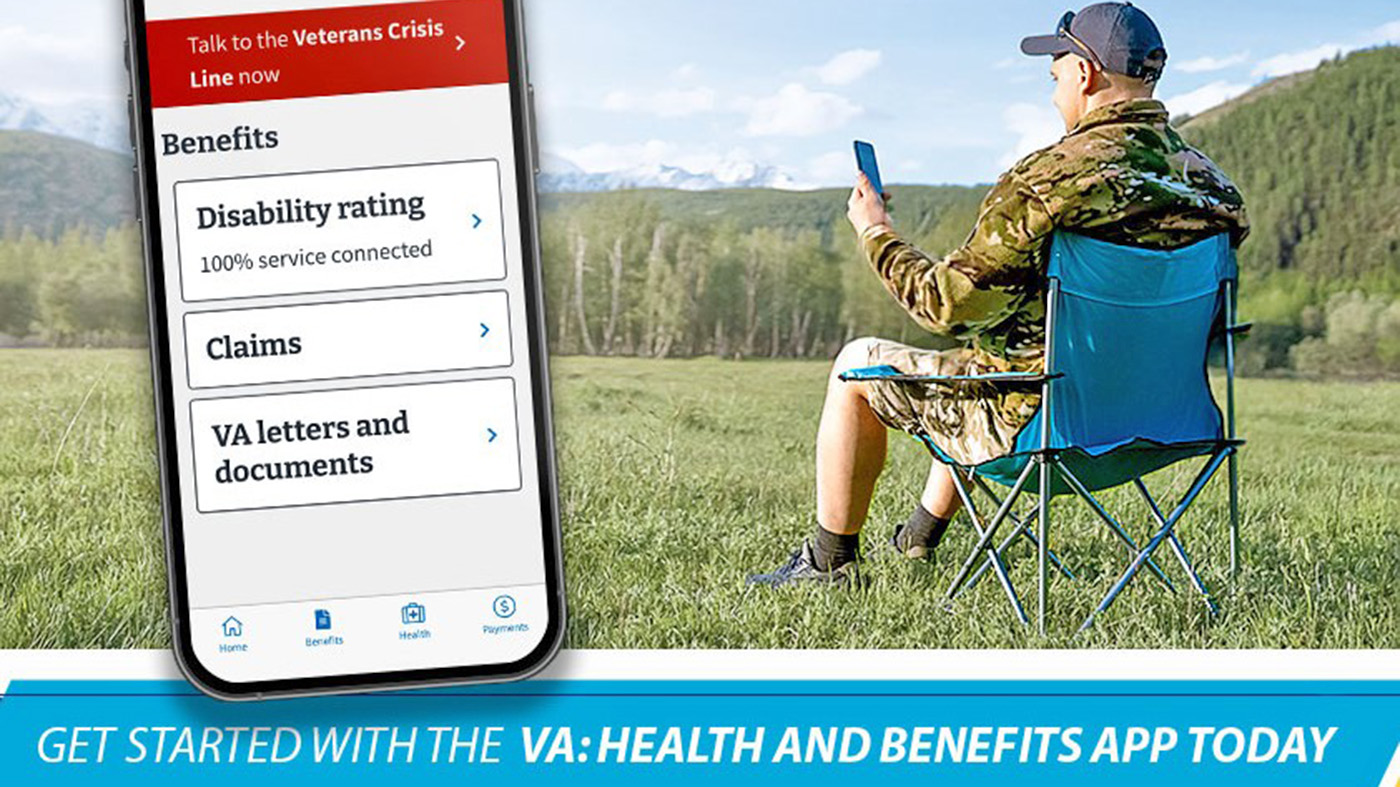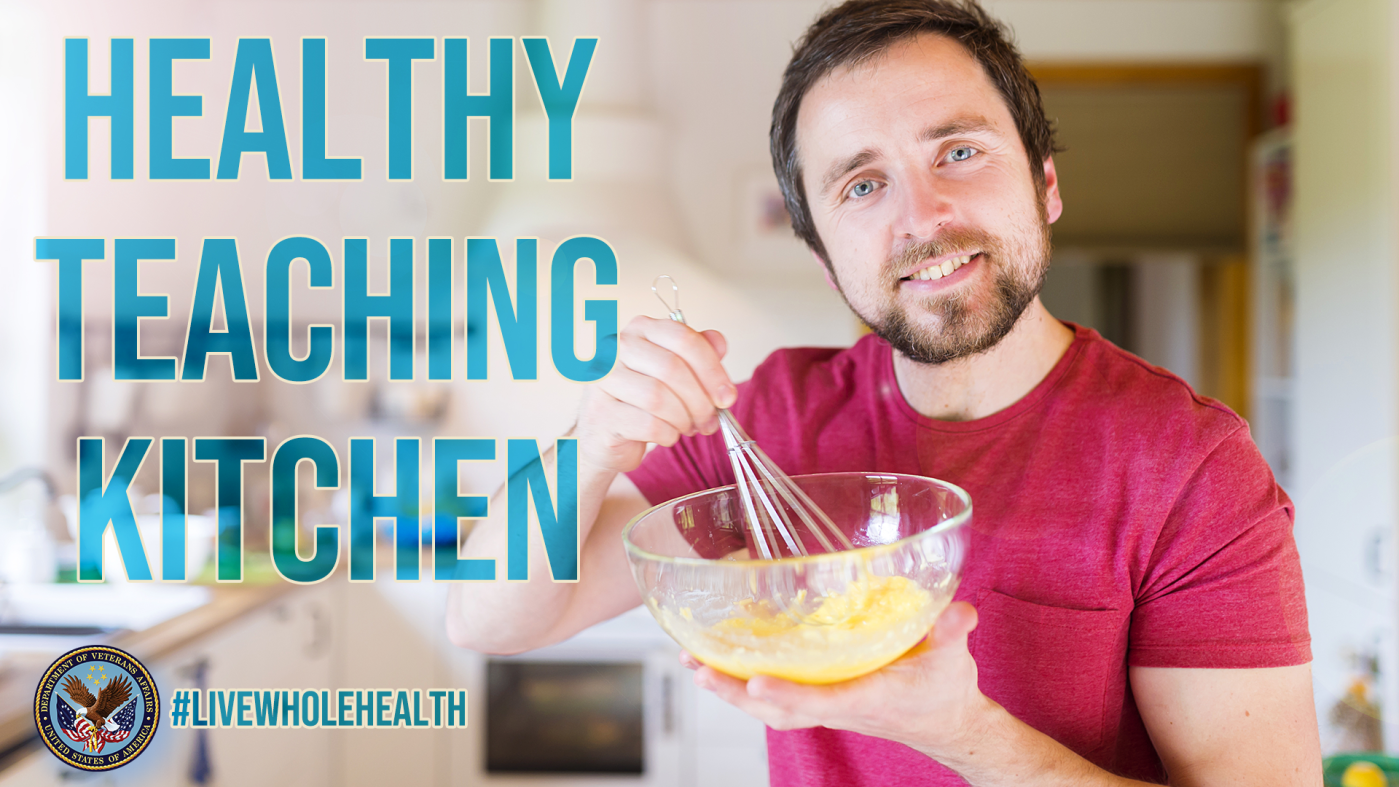On episode 17 of the Ending Veteran Homelessness podcast, we are joined by Dr. Ryan Holliday, clinical research psychologist at the Rocky Mountain Mental Illness Research, Education and Clinical Center for Suicide Prevention; and Kenny Bruemmer, program analyst for Homeless Patient Aligned Care Teams, who spoke about the intersection of homelessness and suicide risk.
Our guests shared why Veterans with a history of homelessness are at increased risk for suicide, how VA identifies Veterans who are at risk and what VA is doing about it.
Progress in suicide prevention
VA has made significant progress in suicide prevention. From 2019 to 2020, there were consecutive reductions in the number of Veteran suicides, an unprecedented decrease since 2001. Additionally, 2020 had the lowest number of Veteran suicides in the last 14 years.
Some of the many ways that VA helps with suicide prevention include treatment for PTSD, cognitive behavioral therapy and medication management.
Still, one Veteran dying by suicide will always be one too many. In terms of our progress, there will be no mission accomplished banners and no spiking of footballs because we still have so much more work to do.
How providing stable housing can prevent suicide
Providing stable housing for Veterans can play a significant role in preventing suicide. It can significantly reduce stress and be a major milestone that helps foster other life achievements.
“I can think of few things more stressful than being without a place to live for an extended period,” said Bruemmer. “The amount of stress that we can reduce by helping people get housed and stay housed surely reduces their suicide risk. I absolutely believe that housing assistance is suicide prevention in its own right.”
But stable housing isn’t the only solution to suicide prevention. Other societal factors come into play, such as economic disparities, health and social disconnection and isolation. These all play significant roles in a person’s risk.
“When we can start to understand how all these factors interplay, that’s how we can not only best understand risk but also how we can best tailor a lot of our practices to really meet the needs of these Veterans,” said Holliday.
VA will continue to do all it can to help prevent suicide. If you need someone to talk to, call the Veterans Crisis Line: Dial 988 on your phone and press 1 for Veterans.
Learn about VA programs
- For Veterans who are homeless or at risk of homelessness, call the National Call Center for Homeless Veterans at 877-424-3838. Trained counselors are standing by to help 24 hours a day, seven days a week.
- Learn more about the services VA provides to Veterans experiencing homelessness and housing instability.
- Find your nearest VA.
- Learn more about VA’s “Don’t Wait. Reach Out.” campaign.
- Check out VA’s Suicide Prevention Month materials.
Topics in this story
Link Disclaimer
This page includes links to other websites outside our control and jurisdiction. VA is not responsible for the privacy practices or the content of non-VA Web sites. We encourage you to review the privacy policy or terms and conditions of those sites to fully understand what information is collected and how it is used.
More Stories
When a Veteran explained a diabetic health issue to staff, they scheduled an immediate medical appointment.
With the VA Health and Benefits App, you can refill prescriptions, message your care team or check your VA benefits using your smartphone.
Chocolate lovers, rejoice! Enjoy a tasty, fun and healthy sweet treat with Truffle Imposters for this week's #LiveWholeHealth practice.





